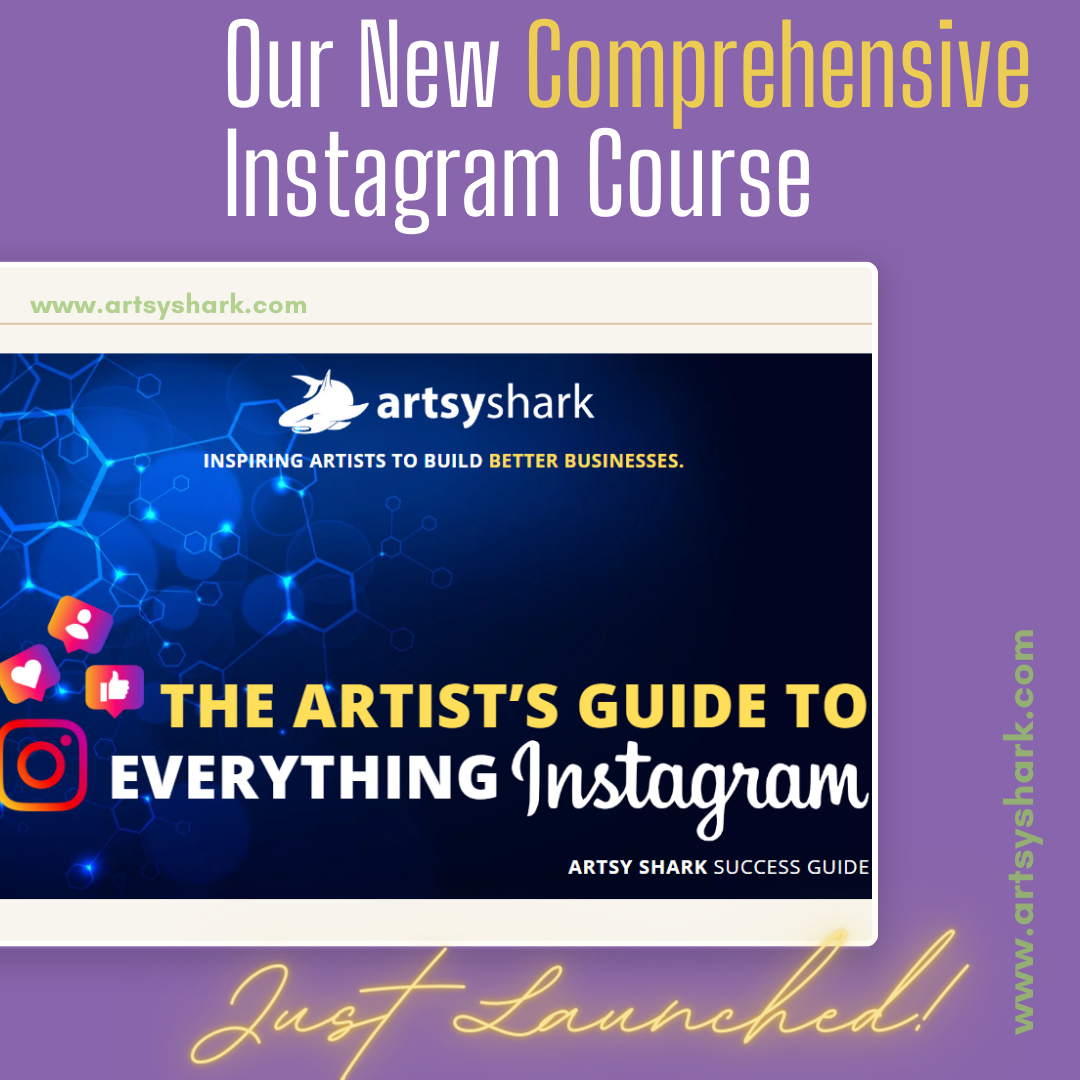by Carolyn Edlund
Building a small creative business doesn’t mean you have to reinvent the wheel. There is plenty to learn from people who have already done it.

What does your competition have to teach you? Plenty. Other artists and makers who are in the same space in the market have run into similar problems, and many have found solutions and ways to grow. Here are a few ways to learn from others:
Work as a studio assistant
If you are just getting your feet wet and want to learn the ropes, there is no substitute for real life experience in the studio of a successful artist who can teach you the business while using your skills to help them grow theirs. Similar to the time-honored practice of apprenticeships in many of the trades, working as a studio assistant will show you how it’s done as a preparation for opening your own future business.
Get a mentor
Many mature and seasoned artists are happy to share their knowledge and experience with newer ones, and this can be an extremely satisfying relationship for both parties. Where do you find a mentor? Start by joining groups and associations that cater to your medium or specialty to make connections and network.
Let people know you are looking for a mentor, with the intention of getting a referral. Ask others in your art community to recommend someone they know who may be interested. Or, consider shorter-term mentorship through a professional consultation if you are searching for business strategies to find your market, get focused or do big picture planning.
Study the careers of artists with similar work
You know the artists in your niche who have become successful, because they are well known and recognized. Rather than viewing them as rivals, embrace their accomplishments to gain valuable insights.
Search for information about them online. Look for articles in publications and on the internet, on their own website, or contained in interviews with them that can give you insight and information on how they did it. Podcasts are widely available; successful artists often are openly willing to share their strategies, and their methods in these interviews.
View successful artists’ online presence
Take a look at the websites of artists who are doing what you want to do. What type of customers do they have? Would this type of client be a good prospect for you as well? Look at how they are positioned in the market. Are they in a particular niche that allows them to stand out?
Check their marketing also. What are these artists doing to promote their work that intrigues or inspires you? Adapt any ideas that would translate well to your own work, and use them to strengthen your own marketing plan. Look at where other artists are marketing, and how often they communicate. If possible, see the type of response they are generating. Why do you think their message is resonating?
Social media platforms share lots of information about the daily activities of successful artists you may want to emulate. They will often post about studio projects, exhibitions, fairs and festivals they attend. By observing the projects and the schedule of successful artists, you can get a good idea of the flow of their business. This may help you consider how to shape your own.
Review pricing strategies
One very telling aspect of your competition’s sales strategy is their pricing. Evaluate where they fit into the market pricewise. You may find they have a broad price point range through selling different sizes of original work, which could also work for you. Determine if they are using reproductions and merchandise sales to augment their sales. Would that be a good fit for your own business?
Then, review how your competitors communicate about their prices and share the unique value propositions of their work. This may inspire you to refine your own value proposition, emphasizing what makes your art business special and enticing to potential customers.
Join a community
Artist communities come in many forms, ranging from salons and meetings at local art organizations to online forums. They can be a great asset to any creative who wants to learn from others who have been successful and have lots to share. Face to face meetings can be especially helpful. They give you the opportunity to build strong personal relationships with others.
If you belong to an arts group, check to see if they offer any professional development programming in the form of live training, webinars or online courses. Communities attract a wide range of people with a variety of experience. They can often recommend resources, vendors, or introductions to potential mentors.
Collaborate
Seek out collaborative projects, joint exhibitions, or partnerships with successful artists or art businesses. This can expand your reach to help you access new markets, and create synergistic opportunities. Such collaborations can lead to increased exposure as well as a chance to vastly increase your network.
Embracing competition does not mean compromising your artistic integrity. Rather, it can be used as a catalyst for improvement and innovation. So, harness the power of your competitors’ achievements and elevate your small art business to new heights!



Speak Your Mind